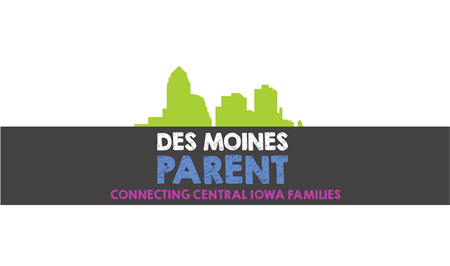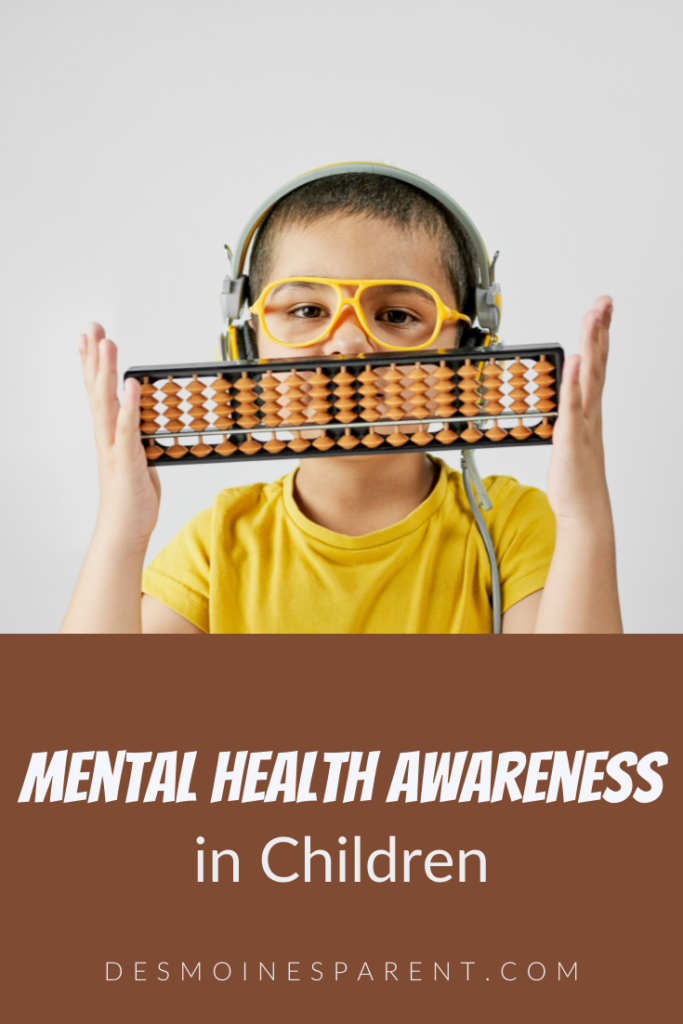Sharing is caring!
Children and Mental Health Awareness
When our children are having trouble in school or they are displaying big emotions and abnormal behaviors, it is often difficult for us as parents to understand why this is happening and how to help and support our children through these difficult times. Our minds don’t automatically gravitate toward the thought that our troubled child might have a mental illness because we don’t want this outcome for our child; we try to ignore its probability. However, the reality is, that 1 in 6 children in the United States is living with mental illness.
Causes of mental illness include a combination of factors: biology, genetics, trauma, and environmental stress.
Examples of these factors include:
- Poverty or homelessness
- Parents who separate or divorce
- Experiencing severe bullying or physical and/or sexual abuse
- Having a long-term physical illness
- The death of someone close to them
- Family history of mental illness
- Family history of substance abuse and/or exposure to drugs and alcohol at a young age
Common mental illnesses found in children include:
- Anxiety disorders
- Depression and other mood disorders
- Eating disorders
- Post-traumatic stress disorder
Warning signs of mental illness in children:
- Drastic changes in mood, behavior, or personality
- Persistent sadness that lasts two weeks or more
- Avoiding or missing school
- Out of control behavior that can be harmful
- Changes in eating habits
- Outbursts or extreme irritability
- Loss of weight/weight gain
- Talking about death or suicide
- Difficulty sleeping
- Hurting oneself or talking about hurting oneself
- Frequent headaches or stomachaches
- Withdrawing from or avoiding social interactions
- Difficulty concentrating
- Changes in academic performance
So what do we do if our child has and displays one or more of these risk factors and warning signs?
There are actually several things that you can do to support your child through mental illness.
- Talk to your child’s physician about the signs and symptoms you are observing
- Contact a mental health practitioner for diagnosis and individual therapy for your child
- Consider family counseling
- Educate yourself about your child’s illness to have a better understanding of what they are feeling and what they might need from you
- Ask your child’s mental health practitioner for advice on how to respond to your child and handle difficult behavior
- Enroll in a parent training program designed for parents of children with a mental illness. (A great program in the Des Moines area is NAMI family-to-family)
- Ensure they stay active with exercise and receive the proper vitamins and nutrients needed for improved mental health
- Explore stress management and self-care techniques for your own wellbeing in order to help you to be your best self for your child (this may include individual therapy for yourself, scheduled alone time just for you each week, or regular time at the gym, etc)
- Seek ways to relax and have fun with your child
- Make sure they know that they are loved and supported
- Create a routine and clear boundaries
- Work with your child’s school to secure the necessary support
- Praise your child’s strengths and abilities
- Speak positive affirmations to them daily or give them positive notes on their bathroom mirror or in their lunch box
- Keep communication open and honest
- Listen, sit with them in silence. Sometimes they don’t need you to do anything. They don’t need your advice. They don’t need you to fix things. They just need you to be there.
Often times as parents we feel like we are lost and that we are failing our children. You are not alone. The important thing is to remember that you are not alone and to reach out for support. Whether that means leaning on a friend, family, or a therapist. We all need support in this life, don’t be afraid to ask for it.
Leah DeMarest
Leah DeMarest is a licensed mental health therapist and has a private therapy practice in Urbandale called Flourishing Engagements where she sees patients of all ages. Leah is also the founder and CEO of a nonprofit called Ed Ease Iowa where the mission is to promote the advancement of education in Iowa by supporting Iowa schools and educators through donations of classroom supplies, teaching tools, and any other needs they my request. You can find out more about Ed Ease Iowa by following them on social media or reviewing their website www.edeaseia.com. Outside of her career, she is married with one son, two dogs, and 16 chickens. She is a licensed foster and adoptive parent. And when she does get the free time she enjoys spending time with extended family, going on walks and bike rides, reading, and traveling.







